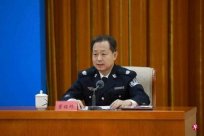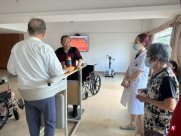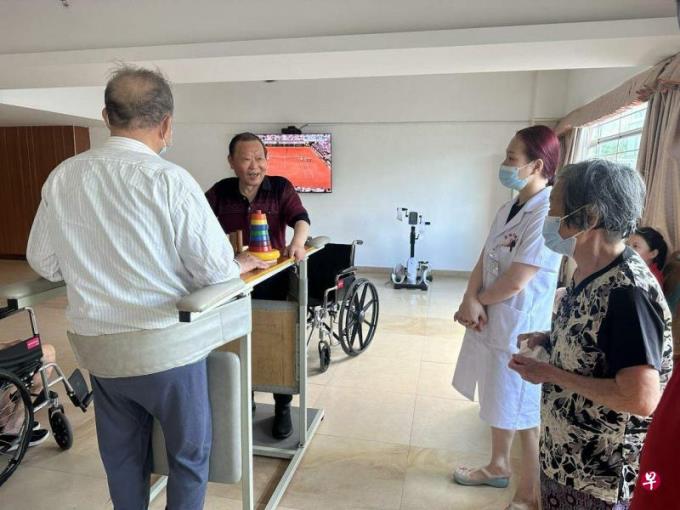
95 -year -old Chen Suzhen made a decision when he entered the back of his back five years ago, from Hong Kong to Dongguan, Guangdong.
Chen Suzhen told Lianhe Zaobao that Hong Kong, who had left for most of his life, was mainly to make room for his children and grandchildren to live.
She said: "My house in Hong Kong is very small, living with my son, daughter -in -law, and grandson. After discussing with my family, I moved here to live alone."
Chen Suzhen currently lives in an independent single room of about 40 square meters in Huangjiang Kanghu Lake in Dongguan.The spacious environment of the nursing home made Chen Suzhen praise, lamenting that the room area alone was larger than the house in Hong Kong, and the outdoor environment was like in the green mountains.
Official statistics show that there are about 100,000 residents of Hong Kong who live in Guangdong like Chen Xianzhen in Guangdong.
Hong Kong is the longest -lived region in the world. A elderly over 65 years of age currently account for more than 20%of Hong Kong's total population. This ratio will increase to 25%after five years. By 2039, one of each of them will be one.More than 65 years old.
The population of Hong Kong is rapidly aging, the local living space and medical resources are short of shortage, and the cost of living has risen. The pension in mainland cities in the Greater Bay Area has become a retirement option considered by many elderly people.
A survey released by the Hong Kong Retirement Plan Association in January this year shows that 60%of the 65 -year -old Hong Kong people interviewed were interested in living in the Greater Bay Area.
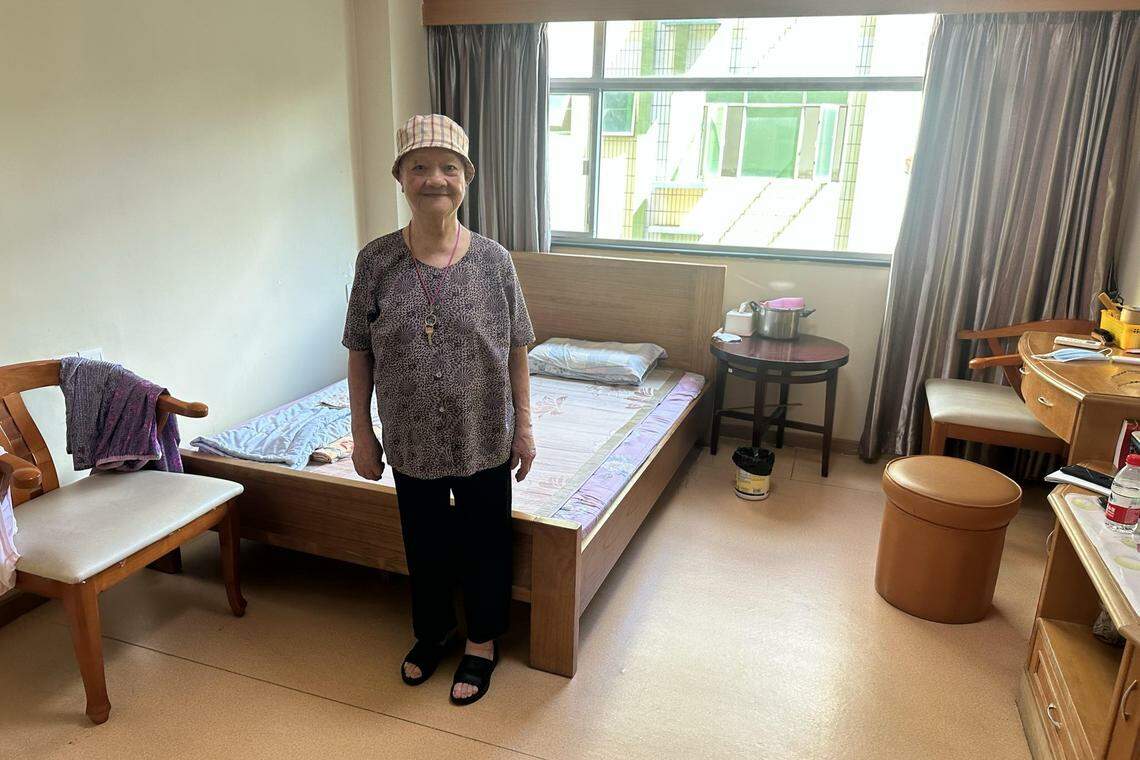
In fact, the Hong Kong Government has begun to explore the problem of cross -border pension as early as 1997, and introduce the portable options into the benefits that the elderly can enjoy in Hong Kong.For example, the Hong Kong Government launched the "CSI Elderly Pension Plan" and "Guangdong Plan" in 1997 and 2013, allowing qualified elders who have been settled in Guangdong for a long time to receive the same allowances as the same amount as Hong Kong.
The outline of the Development Planning Planning of the Guangdong -Hong Kong -Macao Greater Bay Area promulgated by China in 2019 also proposes that "the portable of improving the social security measures of Hong Kong's elderly people" must further create convenient conditions for Hong Kong people to pension in Guangdong.
However, there are obvious differences in the medical and social security systems in Hong Kong and mainland China. Many times it is difficult to connect, and it has become the biggest obstacle to advancing cross -border pension.
Zhang Jiantao, director of the Hong Kong An Old Advisory Committee, pointed out in an interview that although many Hong Kong people expressed their willingness to go to the mainland for pensions, there were not many in the event.
He said: "Many of them feel very entangled. On the one hand, they hope to enjoy their old age in a more comfortable environment, but they are also worried that medical needs cannot be met."
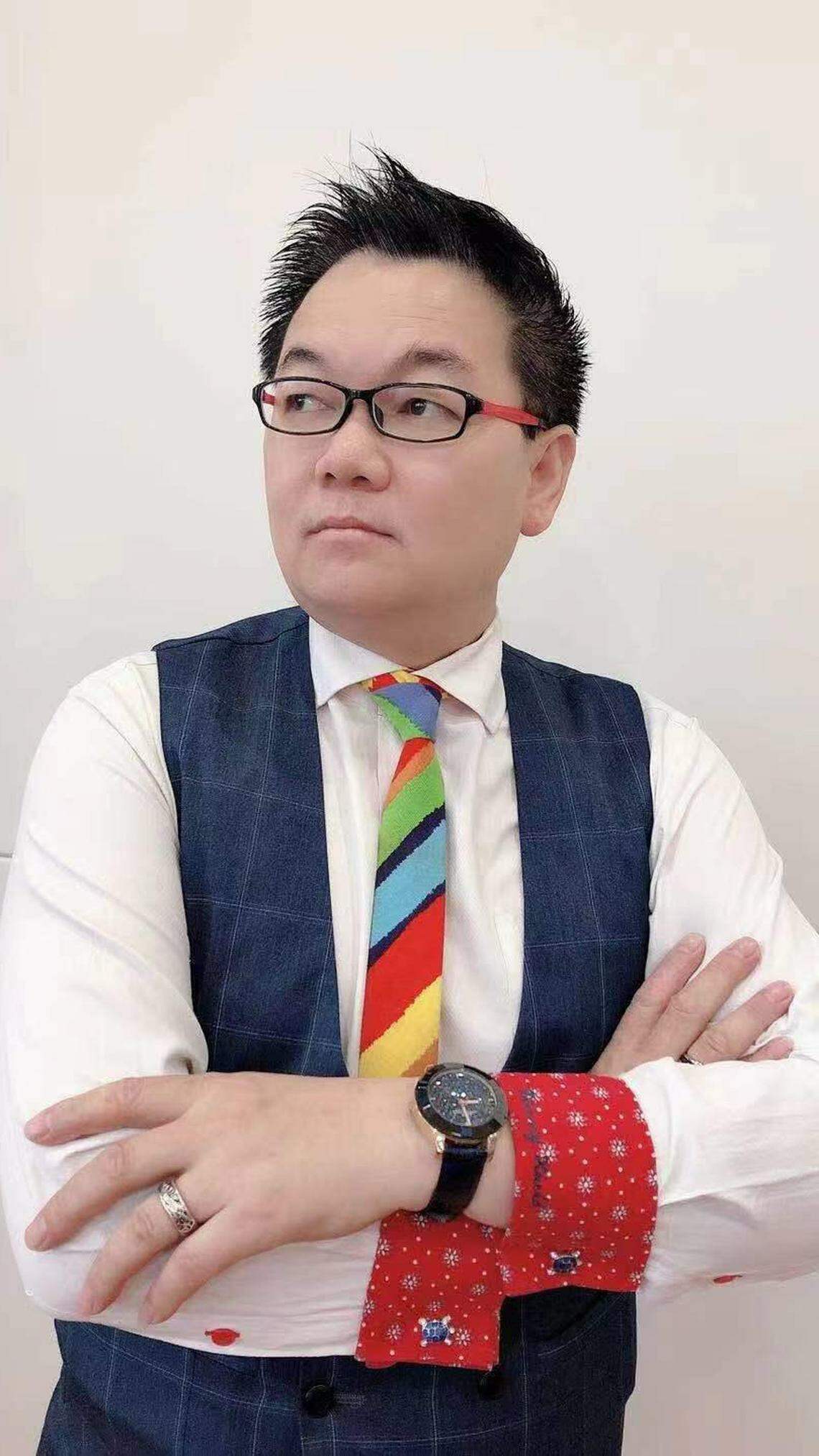
At present, the medical and social insurance coverage of the elderly in Hong Kong in mainland China is not high, and the medical expenses must be paid by themselves. Therefore, many elderly people living in the mainland will return to Hong Kong when they are sick to enjoy better medical careWelfare.
Ye Defeng (75 years old) with chronic diseases (75 years old) will return to Hong Kong from Dongguan to see a doctor to get medicine every few months in the past ten years.He said: "It takes half a day to go back every time, but I am free to see a doctor in Hong Kong, and I am used to taking the medicine prescribed by a Hong Kong doctor."
There are also some Hong Kong elderly people who go north when they are tough. Once they are healthy, they return to Hong Kong to live in Hong Kong.
Cen Yuejing, who has lived in the old home of Kanghu for 13 years, recalled that there were many Hong Kong companions in the early days of the hospital, but when they needed surgery or hospitalized for a long time, they had to give up their lives on the mainland to return to Hong Kong.
She said: "The medical and hospitalization costs in the Mainland are overlapping up to tens of thousands of yuan, which is not affordable. If we can enjoy the same medical insurance as Hong Kong in the Mainland, we must be willing to be here for a long timePension. "
Chen Zhiyu, chairman of the Hong Kong Elderly Service Association, pointed out in an interview that returning to Hong Kong for a long time in the elderly in mainland China will put pressure on Hong Kong's finance and medical resources, and also run counter to the original intention of cross -border pension.
In order to solve the problem of cross -border medical care, the Hong Kong government launched a pilot plan in 2015, allowing qualified Hong Kong elderly to pay outpatient fees for medical vouchers issued by the government from the Shenzhen Hospital of Hong Kong University.This plan has been normalized in 2019.
Hong Kong University Shenzhen Hospital is a large -scale comprehensive public hospital managed by the University of Hong Kong.The management method of the hospital is similar to the public hospitals in Hong Kong. The electronic medical records are connected and welcomed by Hong Kong people living in mainland China.
Mr. Yang, a 70 -year -old Hong Kong person who worked in the mainland and continued to settle in Shenzhen after retirement, believes that the medical voucher plan of the Shenzhen University of Shenzhen Hospital plans to provide him with many convenience.
He said: "Although the hospital in Hong Kong can enjoy free medical care, the hospital has a long waiting time. Here is a lot of convenience to see a doctor, and medical vouchers can also reimburse some expenses. The process is similar to Hong Kong."
However, this plan is currently limited to the Shenzhen Hospital of Hong Kong University, and the amount and scope of use of HK $ 2,000 (S $ 338) per year are limited.This is not much attractive for elderly elderly people in other cities in the Greater Bay Area.
Wu Mengke, Dean of the Old Hospital of Kanghu Guard, pointed out that with the formation of the "one -hour life circle" of the Greater Bay Area, many elderly people believe that instead of taking a vehicle from Dongguan to Shenzhen, and then transferring to the Shenzhen University Shenzhen Hospital, it is better to transfer to the Shenzhen Hospital of Hong Kong University.Clear directly to Hong Kong for medical treatment for free.
He also said that many elderly people have a variety of chronic diseases and need multiple consultations. The amount of medical vouchers is not enough to support costs.
A Hong Kong member suggested in the Legislative Council in late June to expand medical vouchers in the three hospitals in different cities in mainland China.In response, Lu Chongmao, director of the Hong Kong Medical and Health Bureau, responded that the official is designing some standards and will soon submit an application method.
Zhang Jiantao said that in recent years, the governments of the two places have been trying institutional innovation in recent years to solve the medical problems of cross -border pension through various exchanges.Although some progress has been made, the work in this area is extremely complicated and involved in many parties, and it is difficult to resolve it in the short term.
A problem with the elderly behind the cross -border pension under the tide of immigration in Hong Kong
In the past few years, Hong Kong has caused a large -scale trend of immigration due to the epidemic and social turmoil. The separation of family separation has intensified.
In order to solve the problem of the shortage of beds in Hong Kong nursing homes, the Hong Kong government launched the "Guangdong Academy's Accommodation Service Plan" in 2014. Buy beds in two nursing homes in Shenzhen and Zhaoqing, so that the elderly beds that are waiting for the government are intended to be on the mainland.Life Hong Kong elderly people cross -border pension.
Located inThe Hong Kong Jockey Club in Yantian District, Shenzhen is one of the nursing homes under the plan.At present, 60%of the residents from the hospital are from Hong Kong and are one of the most proportion of Hong Kong elderly in mainland nursing homes.
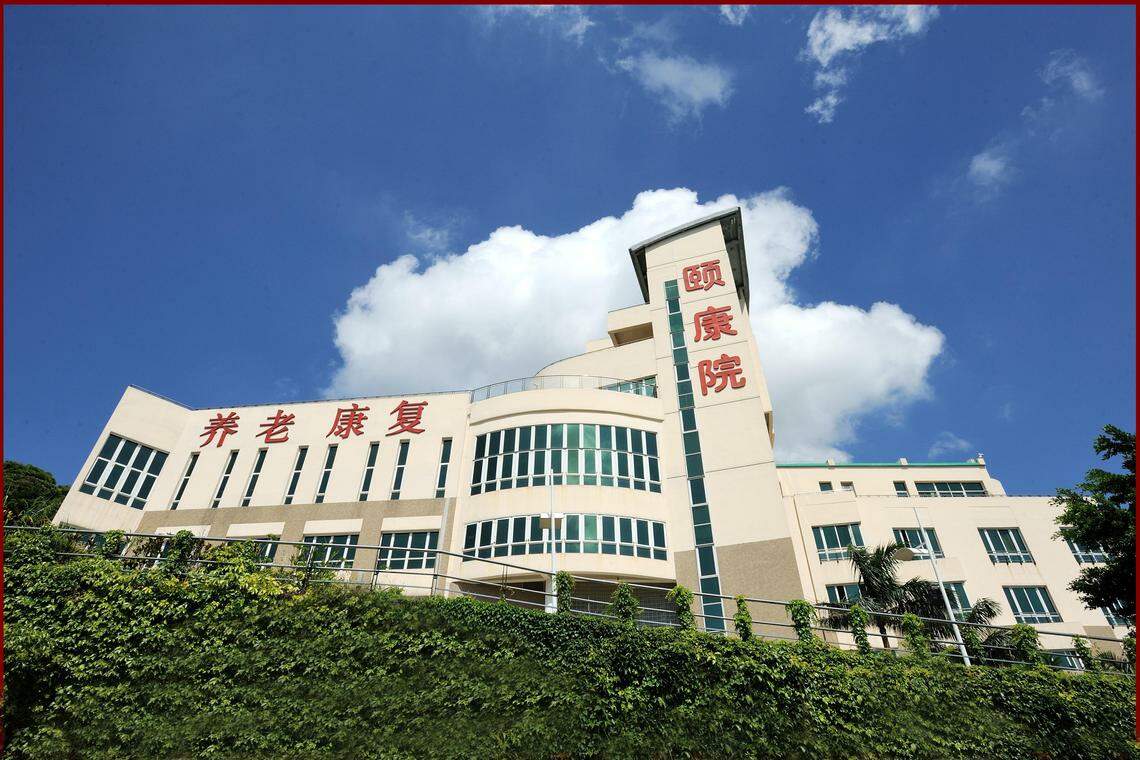
Mo Sijie, Dean of Yikang Hospital, pointed out in an interview with Lianhe Morning Post that as the number of immigrants in Hong Kong has increased in the past few years, more and more family members cannot handle the aftermath for the elders for various reasons.Can entrust the courtyard to work.
Due to the regulations of the funeral parlor, the ashes collection procedures must be handled by the same manager, and some social workers are also worried that the job time is not long. Mo Sijie, who is the dean, can only receive ashes for his family.
She said: "It's not exaggerated at all. Now there are at least 50 ashes in my name, and they are waiting for relatives to receive it."
Hong Kong is currently facing a serious shortage of ashes.Mo Sijie pointed out that some families who do not intend to receive the ashes will entrust the courtyard to make a tree or burial for the elderly; as for those families who cannot come to go through the formalities in a short time, or are still waiting for the ashes placementThe funeral home will be arranged to store the ashes first.
Yikang Institute has also encountered a case of losing contact with Hong Kong elderly children in the past few years, and without the client's handling of the remains of the elderly, the hospital was willing to send them back to Hong Kong before the death of these lonely elders.Essence
Mo Sijie explained that according to the mainland funeral home, the lonely old man may have the certificate of the community neighborhood committee after his death, so that the nursing homes can be entrusted to handle the aftermath.However, due to the records of Hong Kong -based elderly people in the mainland, the funeral home was worried about accountability and did not dare to cremate the remains under the authorization of children or clients.
She said: "For the traditional Chinese, this is like death ... If there is no relative or a client to claim, it is not a way to park the body in a funeral home."
Mo Sijie said that in order to allow the elderly to be on the road with peace of mind, the current solution can only be to send the elderly back to Hong Kong and let the Hong Kong Social Welfare Department entrust social workers as a guardian to deal with them behind.
She said that although there are not many cases of such cross -border elderly or lonely elderly people, under the increasing trend of unmarried people and immigrants in Hong Kong, and the increasing trend of family separation, this problem will become more prominent in the future.
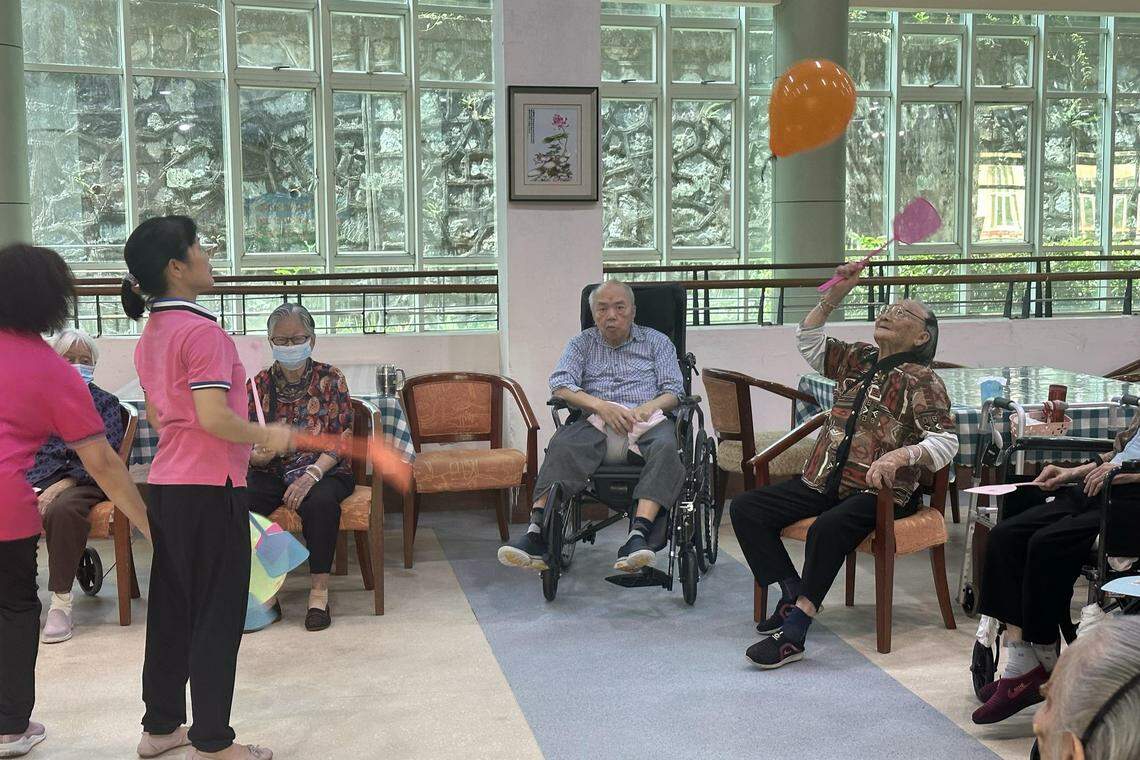
With the integration of the Greater Bay Area in the system, Mo Sijie suggested that the governments of the two places consider expanding the authority of Hong Kong social workers to other cities in the Greater Bay Area and listed them as lonely elders through notarization services as lonely elders in the mainland in the mainland.Guardian.
She admits that this work is not easy, and it involves issues such as property inheritance. It requires cross -border cooperation from multiple departments to formulate a comprehensive solution.
Provide new opportunities for cross -border pension for pension apartments
With the acceleration of the population of mainland China, the medical and nursing apartment in the Greater Bay Area has entered a period of rapid development in recent years to provide new opportunities for the cross -border pension industry.
Public apartment is an apartment -style elderly house for the elderly.Unlike general nursing homes, in addition to basic accommodation care services, pension apartments also provide higher quality care, medical, entertainment and service facilities.At present, there are at least 32 pension apartments in the Greater Bay Area cities in the mainland, of which the number of Guangzhou and Shenzhen is the largest.
The China Merchants Guanyiyou Hokkuka Health Center (referred to as Yiyu Center) located in Nanshan District, Shenzhen is one of them.The center currently has a quarter of residents from Hong Kong.
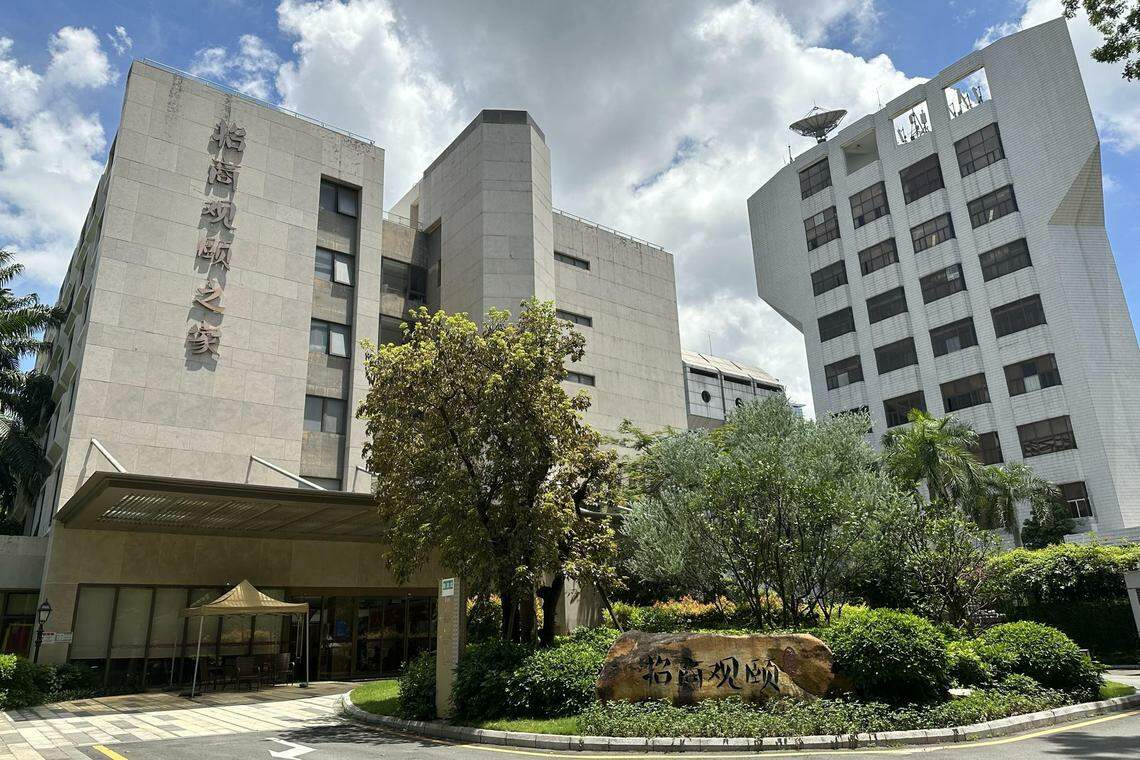
The general manager of China Merchants-COLISEE, the general manager of the Yiye Center Operation Company, said in an interview with Lianhe Morning Post that the pension institution has professional medical staff to provide medical services.Arrange specialists to go to the medical treatment, and social health institutions are delivered.
He said that 80%of the medical needs of elderly residents are solved in the Yiyu Center, which largely solves the problem that Hong Kong elderly people must return to Hong Kong for medical treatment.
Yiyu Center is in the golden area of Shenzhen, with a monthly per capita fee of about 20,000 yuan (RMB, the same below, about S $ 3700), which is one of the most expensive pension institutions in mainland China.
Du Liwei emphasized that Hong Kong residents in Yiyu Center are generally rich groups, such as retired teachers and professionals.
He said: "They are not so sensitive to prices, and they want high -quality and convenient pension environment and services that they cannot enjoy in Hong Kong. The conditions here happen to meet their needs, and the price is half cheaper than Hong Kong."
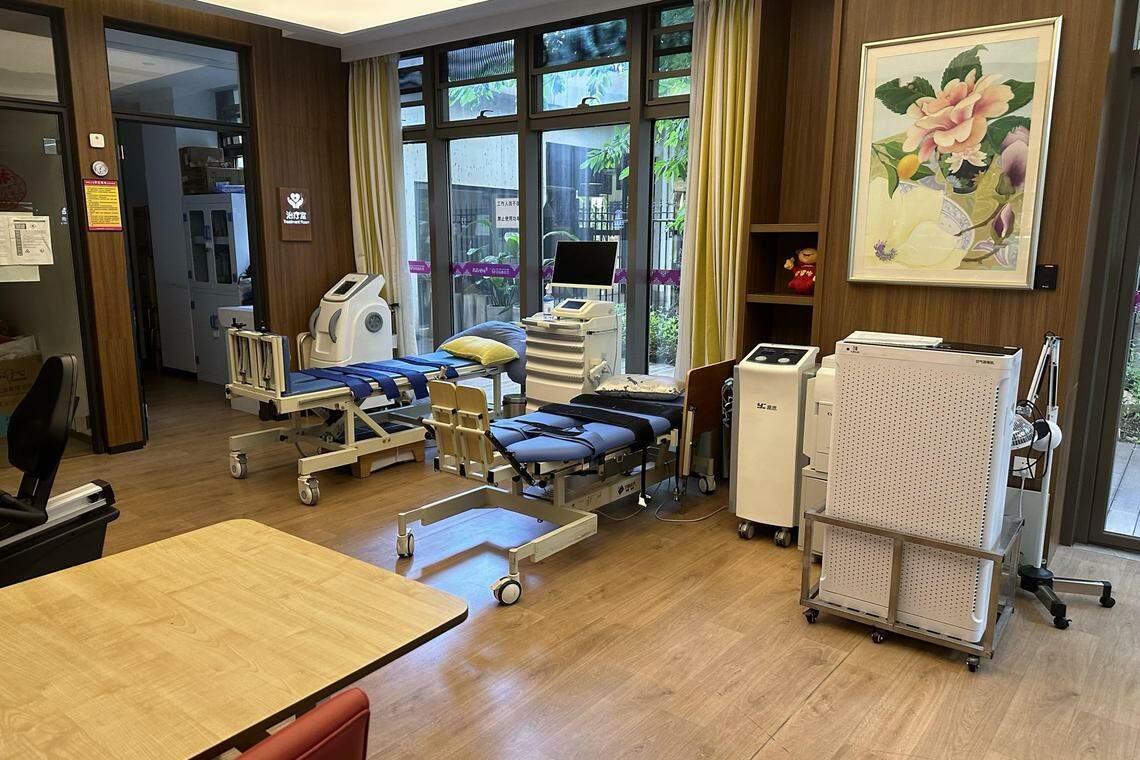
Chen Zhiyu, chairman of the Hong Kong Elderly Service Association, believes that comprehensive projects such as pension apartments will be the future trend of cross -border pension.However, he judged that the overall industry's pricing and consumer burden still have imbalances, and the occupancy rate of many elderly apartments is less than expected, which also reflects this problem.
The report issued by the Joan Liang Film in May this year pointed out that the occupancy rate of pension apartments in the Greater Bay Area is generally at a low level of 50%to 60%, and the occupancy rate must reach 85%or more to meet the financial needs.Make this industry sustainable development.
Han Jing, a senior director of the Jizu Lianjia Component Evaluation and Consultation Services Department of the report, pointed out in an interview that based on the above reasons, there are not many pension institutions that are currently profitable, and most of them are balanced.But she emphasized: "The pension industry is not absolutely for profit, but also a social responsibility."
Since the industry is still in its infancy, it takes some time to including Hong Kong elderly people to accept such pension models.However, Han Jing observed that the group of retired pension has become younger in recent years, and these new era elderly people's acceptance of different pension products will be higher than the previous generation.
From the perspective of the supply side, Han Jing believes that the industry can promote cross -border pension through the improvement of pension services, products and supporting facilities to ensure that charges match the market acceptance.
Pension costs are oftenOne of the main factors considering the elder and their families.Li Zien, vice chairman of the Administrative Committee of the Hong Kong Retirement Planning Association, studied and judged that the two places still need to strengthen the connection and system integration of the Hong Kong elderly in the Greater Bay Area's social welfare guarantee.
She suggested that the government can assist in the service providers of the MPF service providers to provide services for the withdrawal of cross -border MPF supply, and to formulate some strong money -to -money products suitable for cross -border pension according to the needs of the elderly.
Chen Zhiyu believes that although mainland pension apartments can meet the needs of elderly people in terms of hardware, the professional service is still a certain distance from Hong Kong.
He said: "After all, Hong Kong society is 20 years earlier than the Mainland, and has experienced longer accumulation and precipitation in this area. This is also a process that must be experienced in each era."
Chen Zhiyu believes that with the current development speed of the mainland and the continuous exchanges between the two places in the pension topic, the mainland can catch up with Hong Kong in less than ten years.

